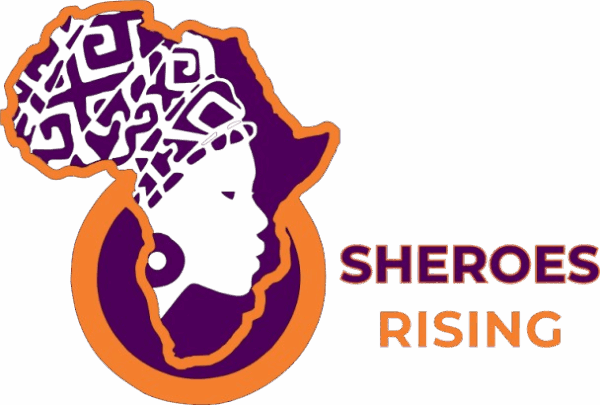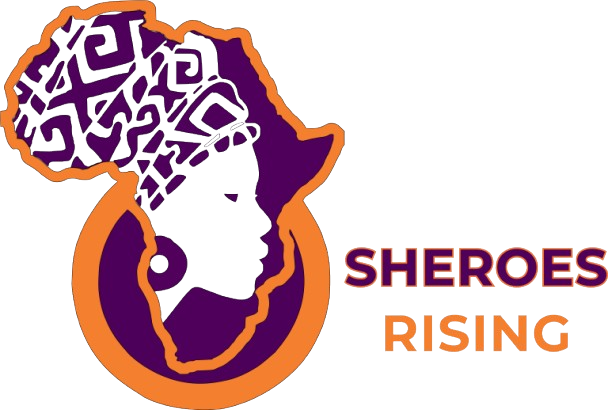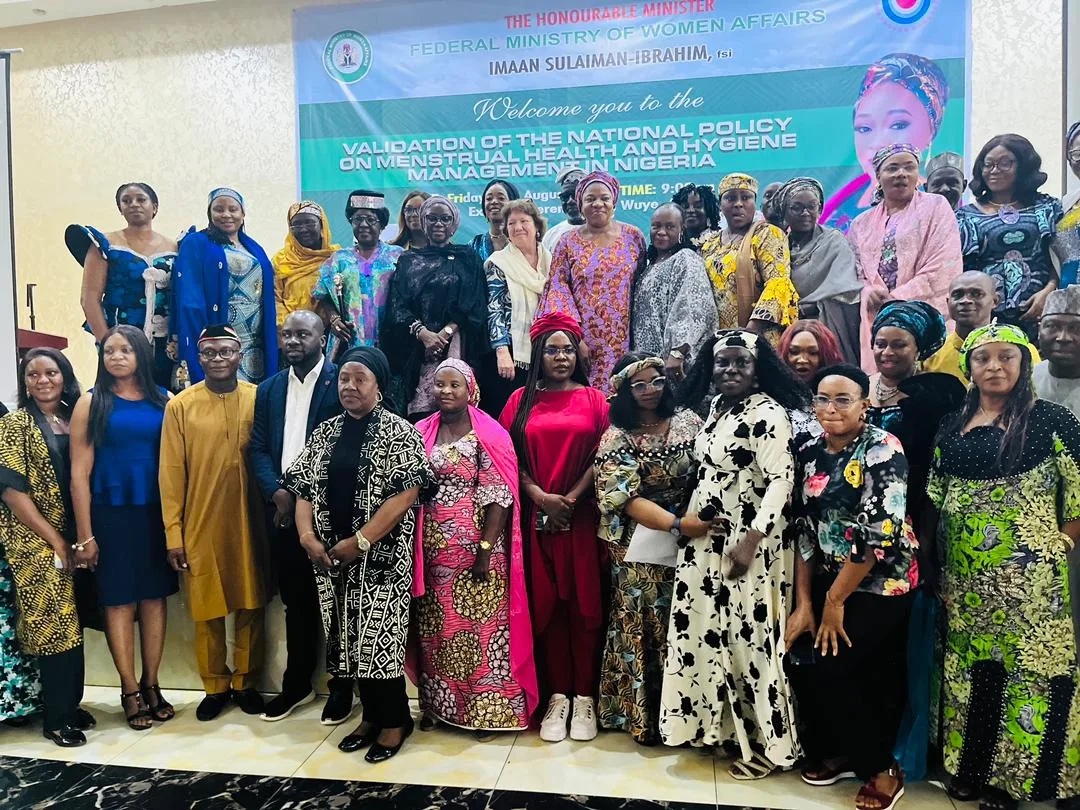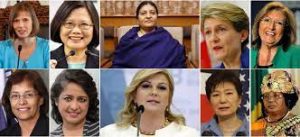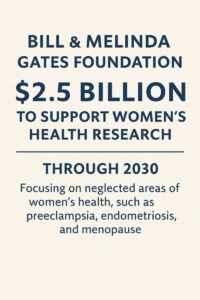This week on Sheroes Rising…..
Last week, the Federal Government of Nigeria adopted its first National Policy on Menstrual Health and Hygiene Management. The policy, funded by WaterAid Nigeria with the support of Population Services International, aims to improve the health, dignity, and opportunities of women and girls in the country.
It was validated on Friday, in Abuja, by the Minister of Women Affairs, Imaan Sulaiman-Ibrahim, alongside commissioners from all 36 states, the Federal Capital Territory, and other civic actors.
Developed through consultations across Nigeria’s six geopolitical zones, the document reflects state-specific priorities and socio-cultural realities. The policy is aimed at addressing pressing challenges such as stigma, lack of information, and inadequate access to safe menstrual products — all factors that contribute to school absenteeism, early dropout, child marriage, and early pregnancy among millions of Nigerian girls.
The Minister of Women Affairs and Social Development, Imaan Suleiman-Ibrahim, was represented by the Permanent Secretary, Dr. Maryam Keshinro, who described menstrual health as not only a women’s issue, but also a community and national development issue.
She revealed that the journey towards the adoption of the policy began in 2018, when Nigeria joined the global MHHM campaign following the 18th Regular National Council of Women Affairs in Lagos.
She added that the policy will ensure “dignity, safety, and support for women and girls in Nigeria,” adding that it would also improve health outcomes while boosting educational and economic participation.
“This policy sets a clear vision: by 2030, no girl in Nigeria should have to choose between managing her menstruation and pursuing her education; no woman should be hindered in her personal or professional development because of menstruation; and no community should sustain stigma or exclusion linked to it”.
As implementation of this policy will require strong collaboration across sectors, political will, and active participation from states, communities, and development partners, the Hon Minister of Women Affairs Imaam Suleiman Ibrahim urged all stakeholders to ‘validate this policy with unity of purpose and commitment to action, knowing that menstrual health is not a privilege but a right; assuring that ‘Together, we can make it a lived reality for every woman and girl in Nigeria to have menstrual dignity’.
Meanwhile, Evelyn Mere, Country Director of WaterAid Nigeria, represented by the Policy and Advocacy Manager, Theodora Igboaneka, said the policy emerged from “genuine consultation” and called for strong implementation, monitoring, and advocacy to translate the document into tangible results.
“Validation is just the beginning’ she says. The real test lies in implementation; in ensuring that these policies reach the IDPs in Borno, the rural communities in Kebbi State, and the urban slums in Lagos. It lies in making sure that every Nigerian woman, regardless of her economic status, or where she is, can access what she needs to manage her period with dignity.”
Population Services International (PSI) Nigeria also pledged readiness to support state-level adoption, with its Menstrual Health No Wahala programme already active in Akwa Ibom, Bauchi, Kano, Lagos, Nasarawa, Sokoto, and Plateau states.
